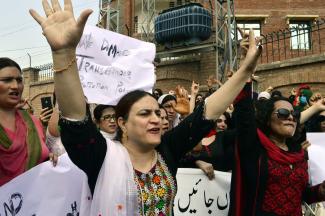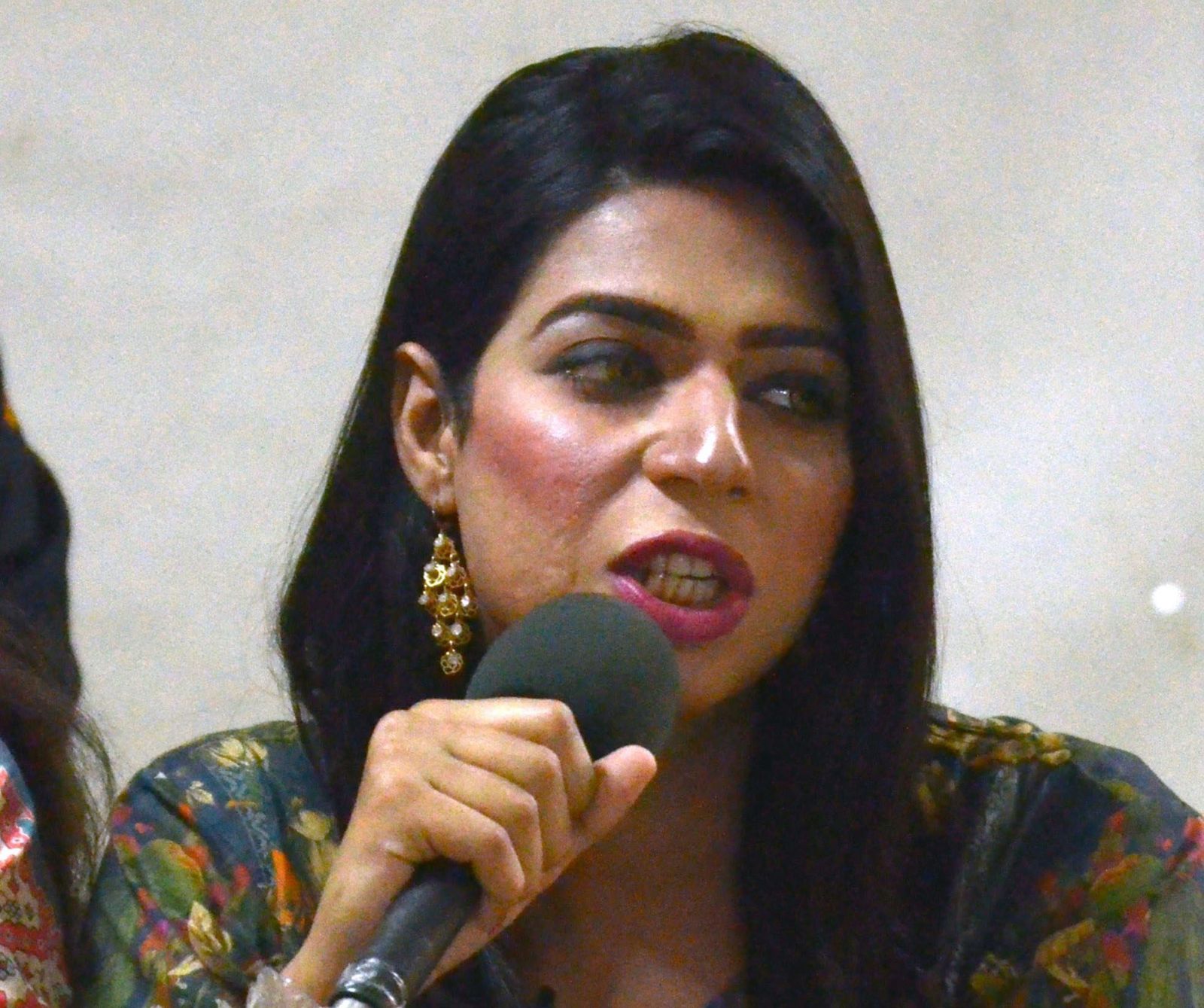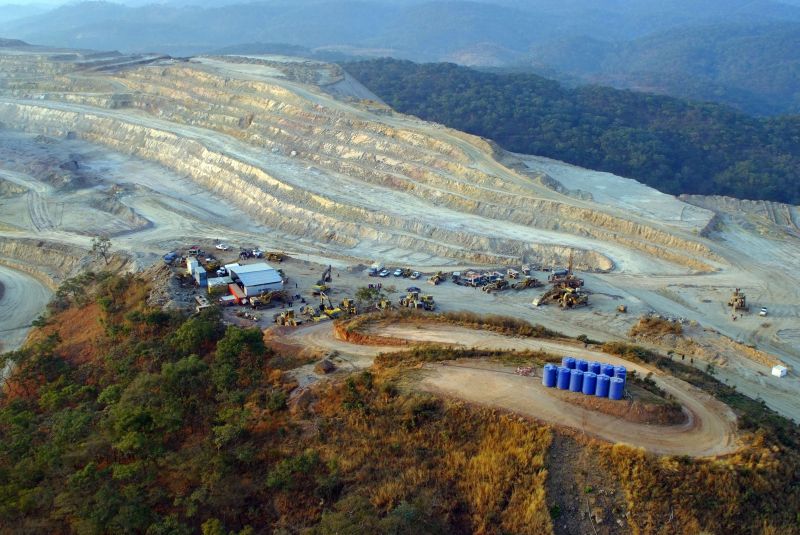Social inclusion
Recognising a minority’s human rights

The Transgender Persons (Protection of Rights) Act 2018 not only ensures the right to be recognised as per his or her perceived gender identity. It also spells out their fundamental rights, including to inheritance, education, employment, vote, holding of public office, health, assembly, access to public spaces and property for example. The law thus confirms that transgender persons enjoy all the rights that the nation’s constitution grants its citizens.
The law accords transgender persons the right to express their gender according to their “innermost and individual sense of self”, whether that corresponds to the sex they were assigned at birth or not. It thus guarantees them the right to be officially registered according to the identity they chose. That includes all purposes, including identification card, driving licenses, passports, educational certificates and domiciles. Moreover, they can change existing registrations.
According to the law, the person’s sense of identity is what matters, not the genitals or other physical characteristics. The law defines a transgender person as “any person whose gender identity and or gender expression differs from the social norms and cultural expectations based on the sex they were assigned at the time of their birth.”
The reform is a huge step for Pakistan, a predominantly Muslim country with rather conservative ideas of gender roles. To what extent it will contribute to improving the fate of transgender people in practice, however, remains to be seen. Traditionally, the Hijras – a South Asian term for transvestites, transgender people and eunuchs – are a poor and marginalised community, barely surviving on the fringes of the society.
There are no reliable official statistics concerning the number of transgender persons in Pakistan. According to the 2017 census, there are 10,000, but civil-society groups estimate that there are up to 500,000. Census data all over the world tend to be unreliable in regard to marginalised communities. For similar reasons, it is impossible to tell what average incomes Hijras typically have or what their purchasing power is. It is obvious, however, that they are mostly condemned to multi-dimensional poverty.
Pakistan’s Hijras live in isolation, confined within their own, scattered communities and shunned from ordinary civic and social life. They are disowned by their families, in most instances soon after their birth, and can only find refuge among their kind. With no hope of a meaningful life, they survive by begging, show dancing and prostitution.
Mocked and ridiculed their entire lives, they face consistent harassment, violence, abuse, rape and exploitation. Abuse by the police is common too. After decades of neglect and persecution, the Transgender Persons (Protection of Rights) Act now offers new hope to this long-oppressed community, but it has not yet brought an end to structural and systemic discrimination. Authorities must now implement the legal principles.
Judicial decisions
These principles are not totally new, however. The judiciary first pronounced the inklings ten years ago. The Supreme Court of Pakistan has ruled in favour of transgender persons several times. In an attempt to protect the rights of this community, a lawyer had filed a constitutional petition in early 2009. Soon after, the Court ruled that the government had to register Hijras with an aim to full social inclusion.
In 2012, the Supreme Court allowed the transgender community the right to be registered to vote and identify themselves as a third sex. In 2013, the Court ruled that the transgender must be treated as equal citizens of Pakistan, enjoying the same constitutional rights. Among other rulings, the Supreme Court conferred the rights to transgender persons of inheritance, identity, employment and protection from harassment by law enforcement authorities.
In the Transgender Persons (Protection of Rights) Act, legislators have acknowledged these principles. The new law has triggered a series of “firsts” for transgender persons in Pakistan:
- In March, a 21-year-old journalist became the country’s first transgender news anchor.
- In April, the first school for transgender community was launched offering vocation skills training.
- In August, the first transgender citizen was able to open a bank account, and another one launched her own fashion brand.
There are many similar stories. They show that at least some members of the transgender community are benefiting from a changing culture, though their experience may not be representative of all transgender people in Pakistan.
Discrimination has not stopped, however. In September, for example, four men killed a transgender person who resisted a sexual assault. The culprits put their victim on fire, and she died after suffering 80 percent burn injuries. Three days later, an official of Pakistan’s Law and Justice Commission was asked to report to the Supreme Court. He said that, since 2015, at least 500 transgender persons have been killed.
In the same hearing, Mian Saqib Nisar, the chief justice, announced that the Supreme Court will soon hire transgender staff. Observers consider this an important precedent. The grassroots reality for many transgender people remains tough, nonetheless. Transgender persons continue to be chastised and harassed, ridiculed and stigmatised and deprived from their most basic right of survival and life of dignity. Only time will show what difference the new law can make.
Mahwish Gul is from Islamabad and studies development management at Ruhr University Bochum and the University of Western Cape in Cape Town. Her masters programme belongs to AGEP, the German Association of Post-Graduate Programmes pertaining to international development.
mahwish.gul@gmail.com












